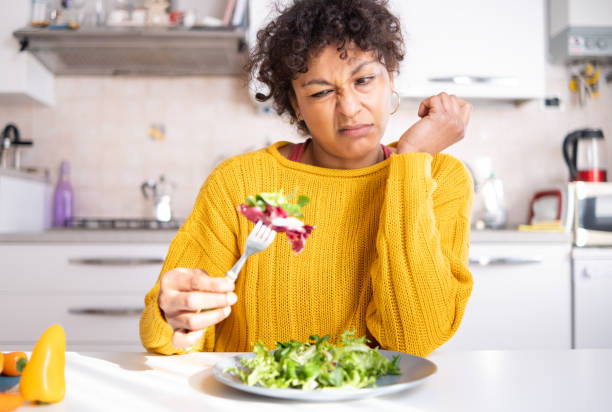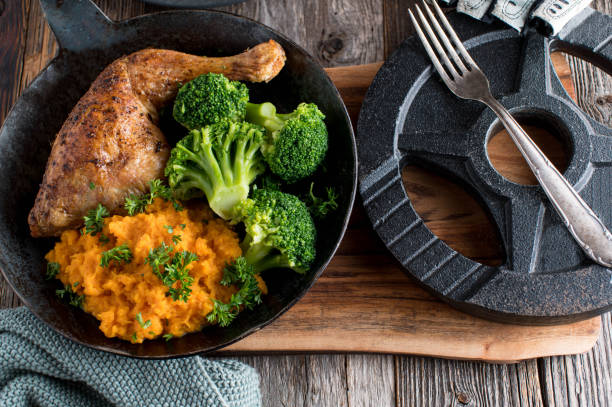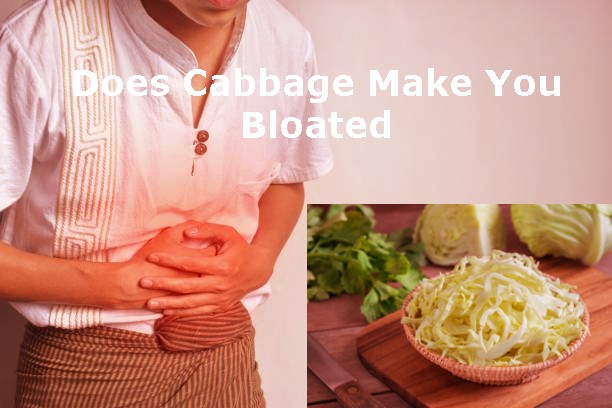Can Overcooked Cabbage Kill You? Let’s Find Out
Cabbage is a versatile and highly nutritious vegetable that is consumed globally. It has several health benefits as it is rich in fiber, vitamins C and K, antioxidants, and anti-inflammatory properties.
However, there are concerns about the potential negative effects of overcooking cabbage on one’s health, specifically, whether it can be fatal.
In this article, we will delve into the science behind these concerns and explore the curiosity “Can Overcooked Cabbage Kill You?”
Table of Contents
Can Overcooked Cabbage Kill You?
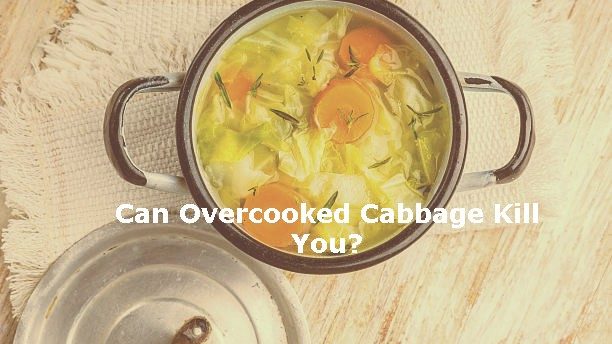
The primary concern surrounding overcooked cabbage is the loss of nutrients, specifically its beneficial compounds, such as sulfur-containing compounds called glucosinolates. These compounds also play a role in the smell of cabbage when cooked. Excessive exposure to heat can indeed break down these elements, leading to a less nutritious meal.
However, the idea that overcooked cabbage may be deadly is more rooted in myth than fact. Although consuming overcooked cabbage may not provide the same nutritional benefits as eating it raw or lightly cooked, it is highly unlikely to lead to any serious health consequences, let alone death.
It is essential to clear up any misunderstandings and misconceptions around this topic to prevent unnecessary fear and anxiety about eating cooked cabbage.
Can eating too much cabbage kill you?
Eating cabbage in moderation as part of a balanced diet is generally safe and healthy for most people. Cabbage is a nutritious vegetable that provides essential vitamins, minerals, and dietary fiber. However, like any food, consuming extremely large amounts of cabbage in a short period may lead to certain health issues, but it is unlikely to be fatal unless you have specific allergies or medical conditions.
The Effects of Overcooking Cabbage on Nutrition
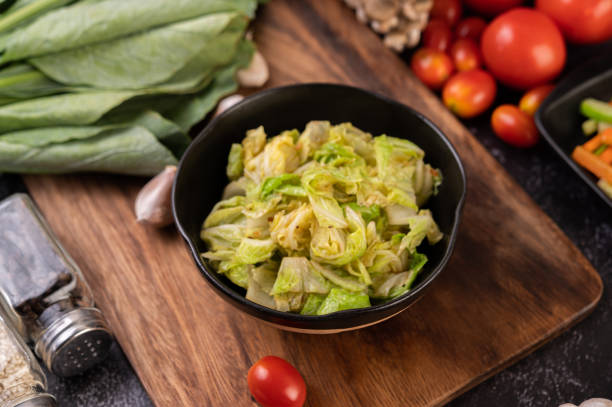
Overcooking cabbage can indeed reduce the amounts of some vitamins and beneficial compounds. For instance, vitamin C is highly sensitive to heat, and it can degrade when exposed to high temperatures and long cooking times. In addition, prolonged cooking can compromise glucosinolates, which have antioxidant and anti-cancer properties.
Nevertheless, some elements withstand the cooking process better, such as vitamin K and dietary fiber. Moreover, cooking cabbage can also make it easier for the body to absorb certain nutrients. For instance, cooked cabbage contains more bioavailable carotenoids, such as lutein and zeaxanthin, than raw cabbage.
Further, losing some nutritional value doesn’t inherently make cabbage harmful to consume; it just won’t have the same positive impact on health as its raw or lightly cooked counterpart.
Nutritional Value of Cabbage
Cabbage is packed with essential nutrients and vitamins that contribute to overall health. Some of its key nutritional components include:
- Vitamin C: Cabbage is high in vitamin C, an antioxidant that helps combat free radicals, supports immune function, and aids in tissue repair.
- Vitamin K: Crucial for blood clotting and bone health, vitamin K is found in ample amounts in cabbage.
- Fiber: Cabbage is a good source of dietary fiber, promoting digestive health and providing a longer-lasting feeling of fullness.
- Sulforaphane: This compound found in cabbage and other cruciferous vegetables has been studied for its potential cancer-fighting properties.
Can you overcook cabbage?
Yes, you can overcook cabbage, just like many other vegetables. Overcooking cabbage can result in it becoming mushy, losing its vibrant color, and developing a strong, unpleasant odor. The texture and flavor of cabbage can change significantly when it’s overcooked.
To avoid overcooking cabbage, it’s essential to monitor it while it’s cooking and to cook it to your desired level of doneness. Cabbage can be enjoyed with a variety of cooking methods, such as steaming, sautéing, stir-frying, and even roasting. Cooking times will vary depending on the technique and the size of the cabbage pieces, so it’s essential to follow a recipe or keep a close eye on it to ensure it doesn’t become overcooked.
What temperature damages cabbage?
The truth is that cabbage, like most vegetables, can become damaged when exposed to too high a temperature or cooked for too long. Generally speaking, cooking cabbage at a lower temperature (below 200°F) and for shorter periods will provide the best nutritional benefits. High temperatures, along with overcooking, can lead to an unpleasant odor and taste, along with the loss of some vitamins and beneficial compounds.
Safety Concerns: Natural Toxins Found in Cabbage
Cabbage contains some natural toxins that may contribute to concerns regarding its safety for consumption. One such toxin is a goitrogen called thiocyanate, which can interfere with thyroid function when consumed in large quantities. These goitrogens are more concentrated in raw cabbage, and cooking can help deactivate them to some extent.
Thus, while it is true that consuming large quantities of uncooked cabbage could potentially cause thyroid issues for some individuals, especially those with pre-existing thyroid conditions, this doesn’t support the idea that overcooking cabbage will make it dangerous.
So, Can Overcooked Cabbage Kill You? The belief that overcooked cabbage can kill you is unfounded and based on misconceptions about the vegetable’s nutritional value and safety. While it is true that overcooking cabbage can lead to losses in some of its beneficial compounds, this does not render it toxic or harmful.
In fact, in some cases, cooked cabbage may be preferred as it makes certain nutrients more bioavailable and reduces the impact of natural toxins.
Incorporating cabbage into your diet – whether it’s raw or cooked – can provide numerous health benefits, as long as it is consumed in moderation and alongside a varied and balanced diet.
Enjoy your cabbage dishes without fear, and remember, it is unlikely that overcooked cabbage will cause you any harm, let alone be lethal.

